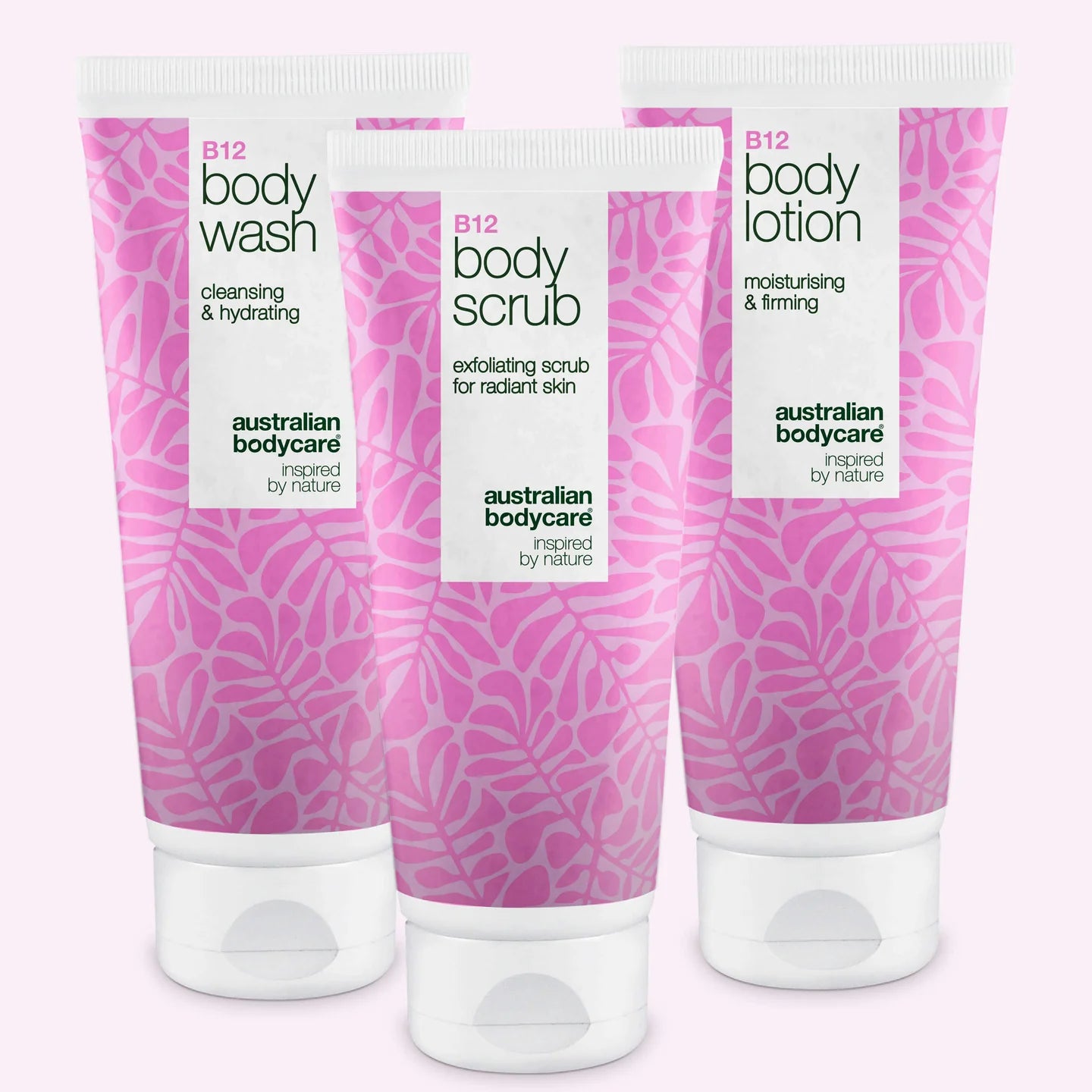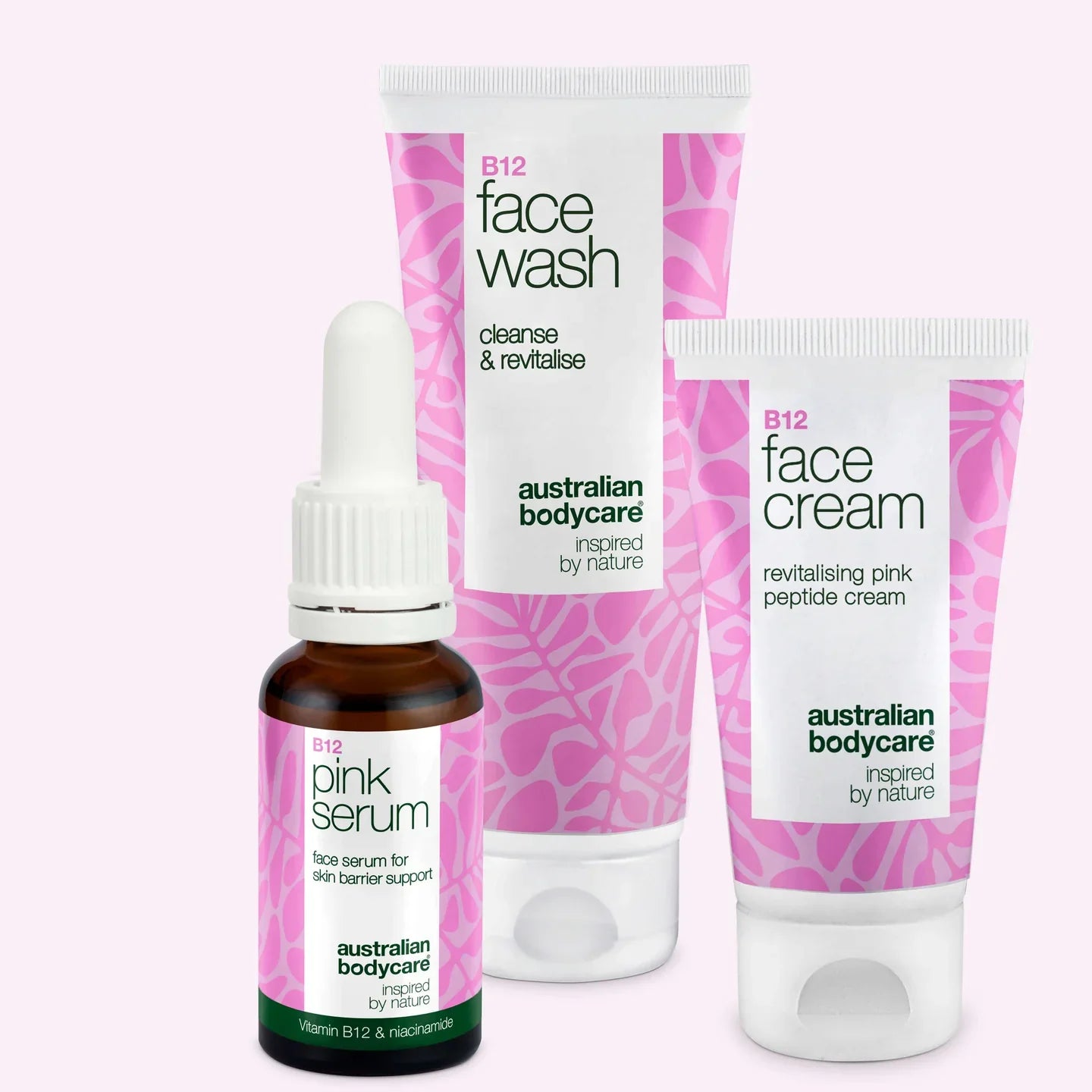Step Closer to The Dream of Beautiful, Glossy and Healthy Hair
In the advertisements for hair shampoo, the models always have well-groomed, glossy and strong-looking hair – because that’s what most of us aim for. However, for the many of us the reality is quite different.
So, what can we do to get the beautiful, well-groomed and healthy hair we want?
Table of contents
The Hair We Dream About
There are those who wish they had less hair or thinner hair, while others dream of having more hair, regardless of colour and strength. Most of us with a healthy abundance of hair on our heads dream of having good, strong hair that looks healthy and well-groomed. For some, the dream has already come true – others are still dreaming. We all want healthy hair which is strong and glossy. Hair that’s not greasy or over-frizzy. We want hair that is full of ‘life’.
Read more: Shampoo | A good shampoo free of parabens
We are all very different when it comes to the hair on our heads, whether it’s thin or thick, fine or strong, curly or straight, even also the colour. Hair quality, baldness, curly or straight hair and hair colour are all highly hereditary; and of course, we cannot change our genes. We can’t even decide whether we will have diseases that affect our hair. But we can do a lot to encourage our hair to be healthier, stronger and more beautiful.
Are you ready to make the effort to get the beautiful and healthy hair that you dream about? If so, continue reading our guide for great advice on hair, hair care, hair care products and much more.
Experiencing Hair Loss
Our hair is significant to our well-being because it’s so visible. It’s not just that we want the perfect haircut to express our individuality, but we also want beautiful, healthy and well-groomed hair. It can really affect our well-being when we lose our hair or when our hair looks lifeless, thin and unhealthy.
Hair grows about one centimetre a month. Every single hair strand grows for two to six years, then it falls out. It is normal to lose 50-100 hairs a day.
With age, most people will experience greater hair loss than when they were younger. However, if you suddenly lose a lot of hair at a younger age, it could be a sign of some other underlying issue. This may be a metabolic disorder, vitamin deficiency or hormonal imbalance. Of course, for men, it may also be due to a hereditary tendency for early baldness.
Causes of Hair Problems
An unhealthy lifestyle and bad diet are the causes of many diseases and disorders. Our overall health is influenced by what we eat, drink and our general lifestyle which in turn affects our skin and hair.
Poor diet and lifestyle can cause hair loss problems, but we may also experience problems with dandruff, oily hair, dry hair, thin and lifeless hair and even brittle hair.
Common causes of hair problems:
- Reactions to shampoo, styling products, hair dyeing agents and similar products.
- Heat from the hairdryer, straighteners and curling iron.
- Sun exposure or very cold temperatures.
- Hormonal imbalance, including pregnancy.
- Medicines.
- Vitamin deficiency.
- Stress.
- Unhealthy diet.
There Is Much That Affects Our Hair
Hair shampoo and various hair products can be harsh on your hair. The same can be said for the heat from your hair dryer, straighteners and curling iron. All of these tools dry out and weaken your hair.
Sun exposure, cold temperatures and strong winds can dry out our skin requiring us to use moisturisers. However, these elements can also dry out our hair. This is particularly noticeable in the summer when sun, salt water and chlorine damage the hair strands. You may also notice it in the winter when your hair dries out in the cold, just like your skin does.
The hormonal balance in your body also has an influence on your hair. For example, your skin may be affected by a hormonal imbalance in the body which may lead to pimples and a dull complexion. Your hair can also be affected when the hormonal balance in your body changes. For example, during puberty many women suddenly experience differences to their weight, skin and hair; some may experience severe hair loss when they start taking birth control pills. Also, during pregnancy hair goes into the resting stage so growth is slower, and it may appear that your hair is not the same as before pregnancy; so, the hormonal balance in the body is a major influence on our hair.
Medication can affect the hair as well as the skin. If the medicine is essential there is not much you can do about the effects on your hair. Treatments for rheumatoid arthritis, high blood pressure and cancer can cause hair problems. For example, we often see hair loss in cancer patients undergoing chemotherapy.
Iron deficiency and lack of vitamins B and D especially will affect the appearance of your hair. In addition to a vitamin deficiency, stress, an unhealthy diet and lifestyle will also affect the entire body including the hair. Quite often it is said that our hair reflects our overall health; a healthy and varied diet and lifestyle can have a positive effect on your hair.
Using the Right Hair Products
If you have no problems with your hair, there is no need to change your hair products or routine. However, if you experience problems such as oily hair, dandruff, dry hair, weakened hair, thin hair or some other problem, it’s worth looking into the hair products you use – and the products you use on your body too.
If there is anything you can do to help change your hormonal imbalance, medicines, vitamins, stress and diet, you should of course do that first. Once you’ve solved any major problems, you can look at how to treat your hair.
Hair must be treated differently to your body. You can’t just use any shampoo and styling products, you need to find products that are suited to your hair and scalp.
It is therefore not a good idea to buy just one shampoo for the whole family. Instead, each person in the family should have their own personal shampoo that suits him or her exactly. Men, especially, just pick up the first shampoo they find, instead they should take time to work out which shampoos fit their hair and scalp type. This is the best way to ensure you have healthy hair.
Read More: Hardcore hair products for healthy hair
Buy Shampoo That’s Kind to Your Scalp
When we buy shampoo, most of us tend to select a formula for the effects it will have on our hair we should in generally primarily concentrate on shampoos that will look after the scalp.
For example, if your hair is weak and dry at the ends, perhaps due to frequent dyeing or sun and salt water exposure, you will probably assume that you need a really caring, moisturising shampoo. But if you also have a greasy scalp that’s sticking your hair together, this shampoo will be too harsh for you. Instead, you need a shampoo for oily hair that has been specifically formulated for a greasy scalp. You’ll also need to care for your hair ends with other hair care products, otherwise, you just risk making your scalp even greasier.
Read more: Avoid spots on the scalp
Good Advice for Oily Hair
If you have oily hair and a greasy scalp, you probably wash your hair every day. That may not be such a good idea, because when we wash our hair we dry out the scalp and remove the natural layer of oils. This signals to the body that the sebaceous glands (hair follicles) need to produce more sebum, which protects the scalp from getting too dry. When the scalp produces more sebum, your scalp and hair become greasier.
You should therefore stop washing your hair every day, try washing it every other day instead. Initially it may feel uncomfortable because of the hair oils but gradually it will get better. You should also avoid using dry shampoo on days you do not wash your hair, as dry shampoo absorbs the oil from your scalp.
There are many products designed for greasy hair and scalps including some natural shampoos that you may prefer. Ingredients such as chamomile, Tea Tree Oil, fennel and rosemary are known to be good at soothing greasy scalps.
See more: Shampoo for oily hair







